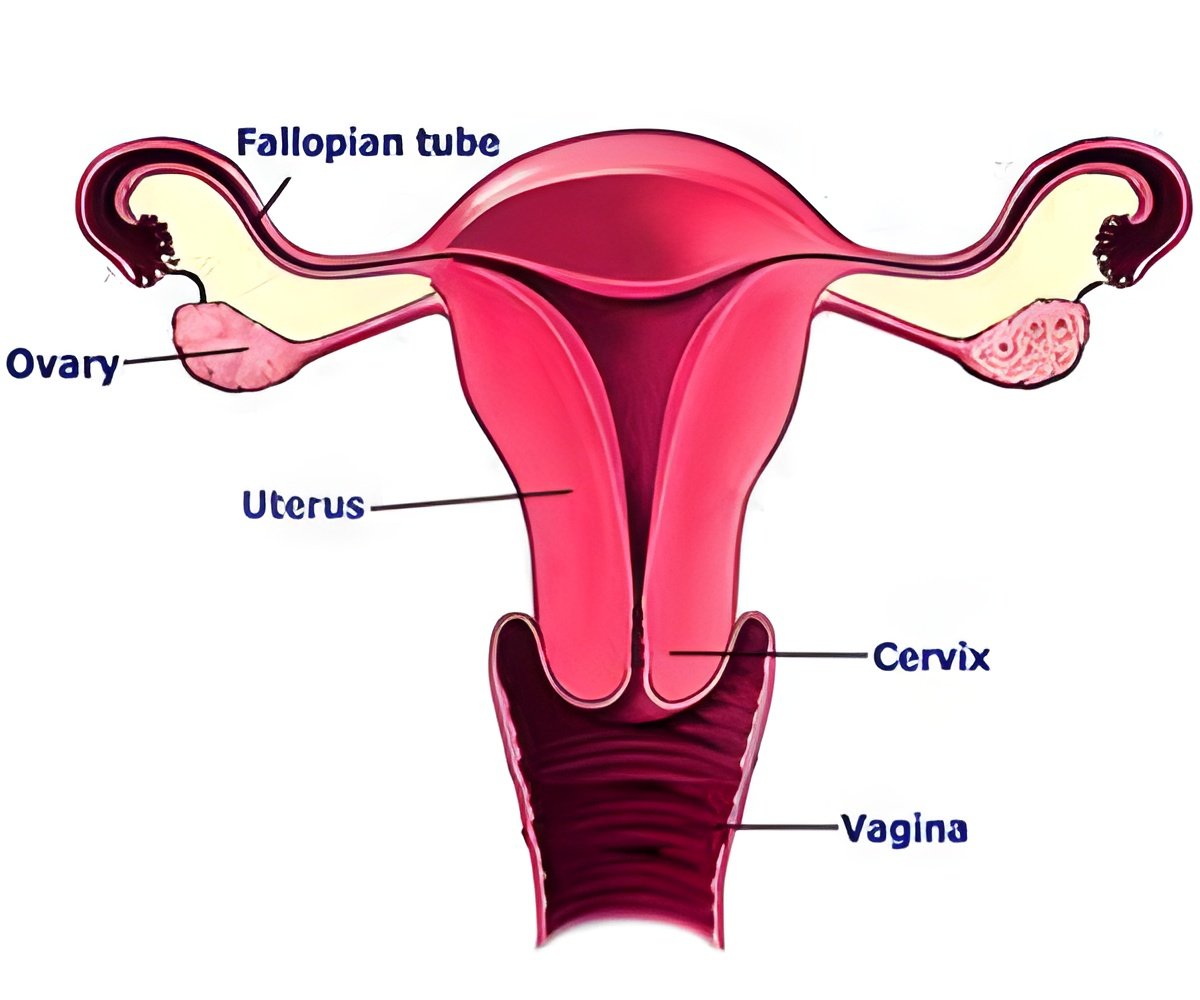Two organochlorine pesticides are associated with an increased risk of endometriosis, say researchers. Endometriosis is a condition that affects up to 10 percent of reproductive-age women.
Two organochlorine pesticides are associated with an increased risk of endometriosis, say researchers. Endometriosis is a condition that affects up to 10 percent of reproductive-age women. Specifically, researchers observed that women with higher exposures to two such pesticides, beta-hexachlorocyclohexane and mirex, had a 30 to 70-percent increase in endometriosis risk.
The findings are published online ahead of the print issue of
Environmental Health Perspectives, a journal of the National Institute of Environmental Health Sciences, part of the National Institutes of Health. Endometriosis is a noncancerous condition that occurs when the tissue that lines the inside of the uterus, or womb, grows outside of the organ and attaches to other structures or organs. The condition most often affects the ovaries, fallopian tubes and lining of the pelvic cavity. The most common symptoms include chronic pelvic pain, painful menstrual periods and infertility.
"For many women, the symptoms of endometriosis can be chronic and debilitating, negatively affecting health-related quality of life, personal relationships and work productivity," said lead and corresponding author Kristen Upson, Ph.D., who was a predoctoral research fellow in epidemiology at Fred Hutch and the University of Washington when the study was conducted. Today she is a postdoctoral fellow at the Epidemiology Branch of the NIEHS.
Source-Eurekalert















